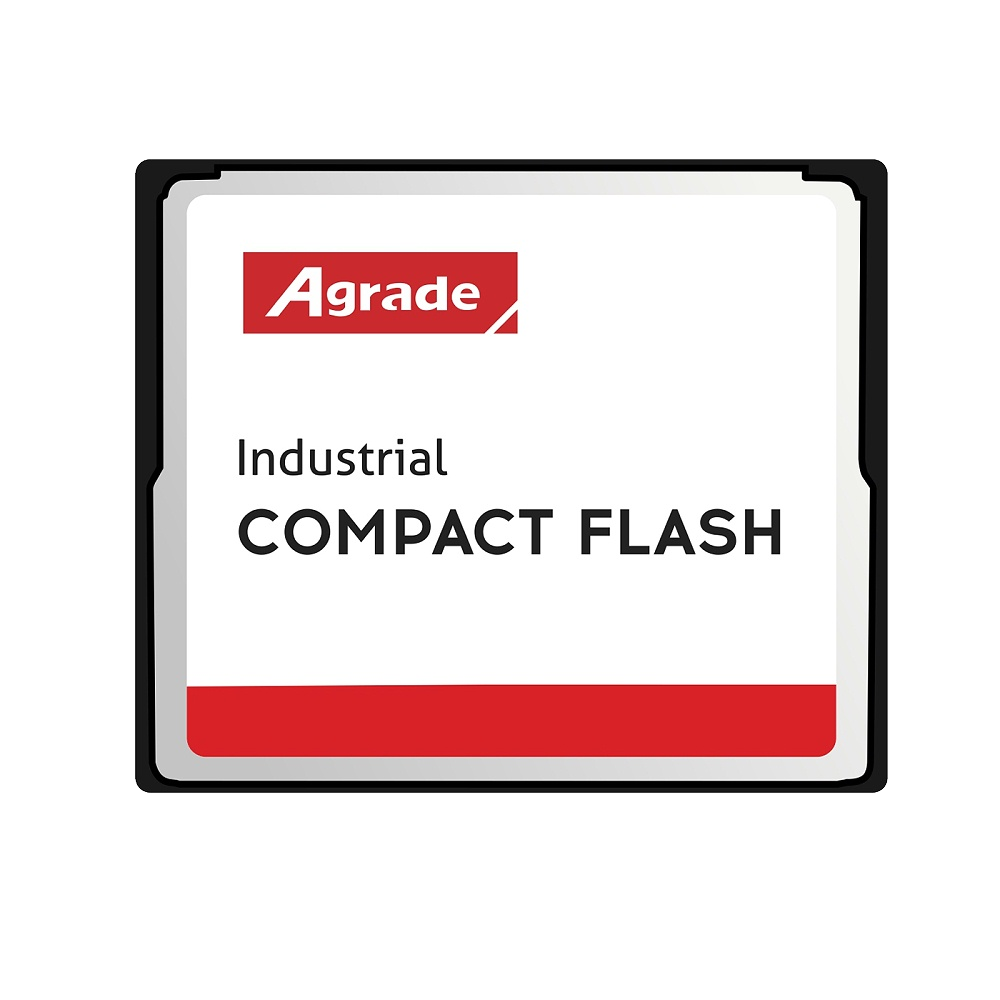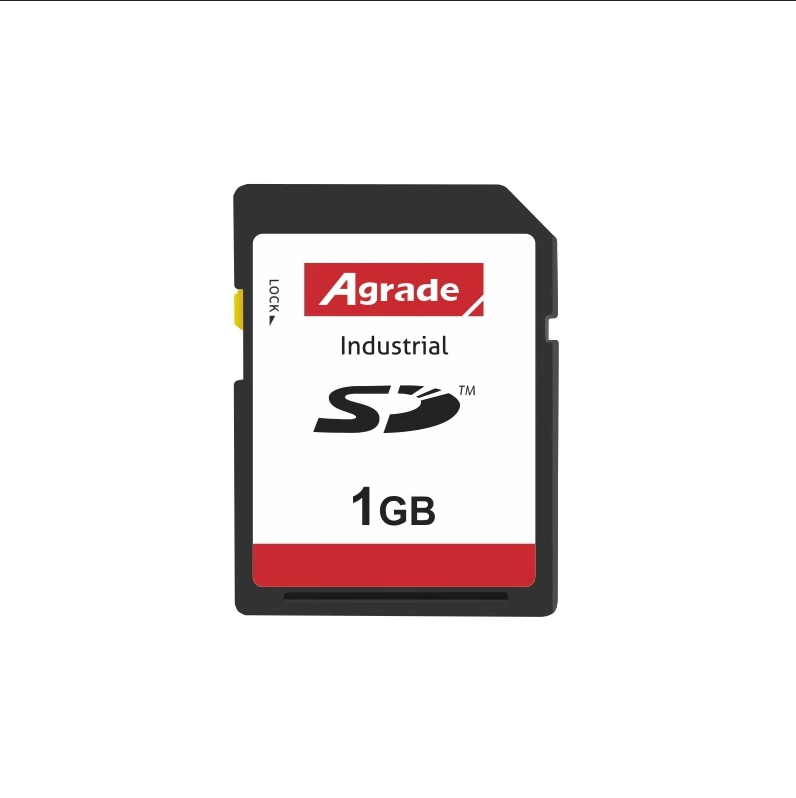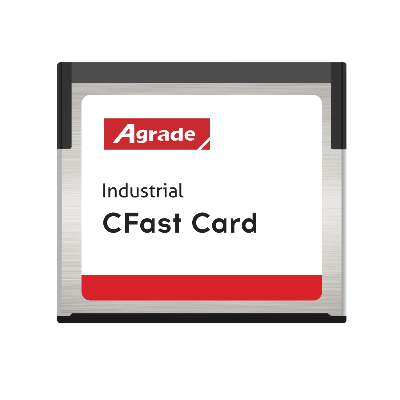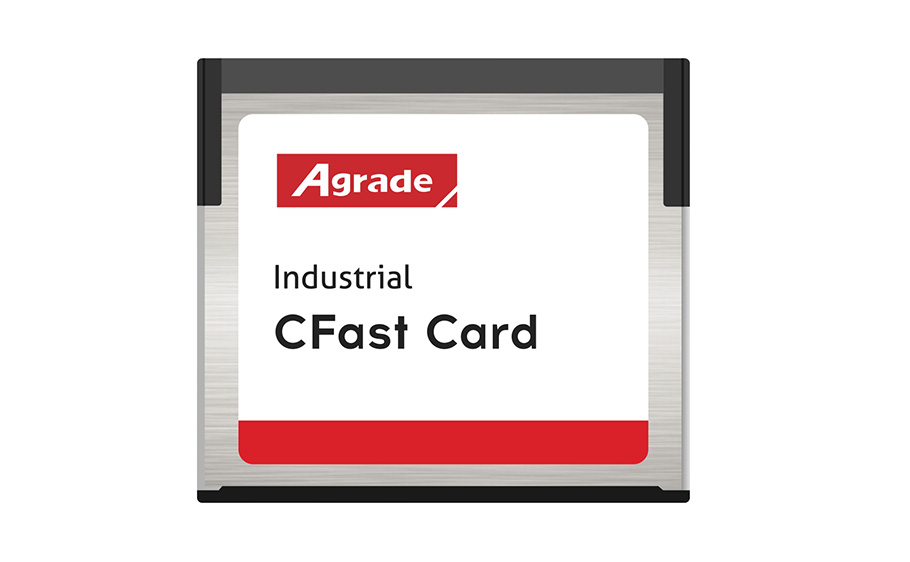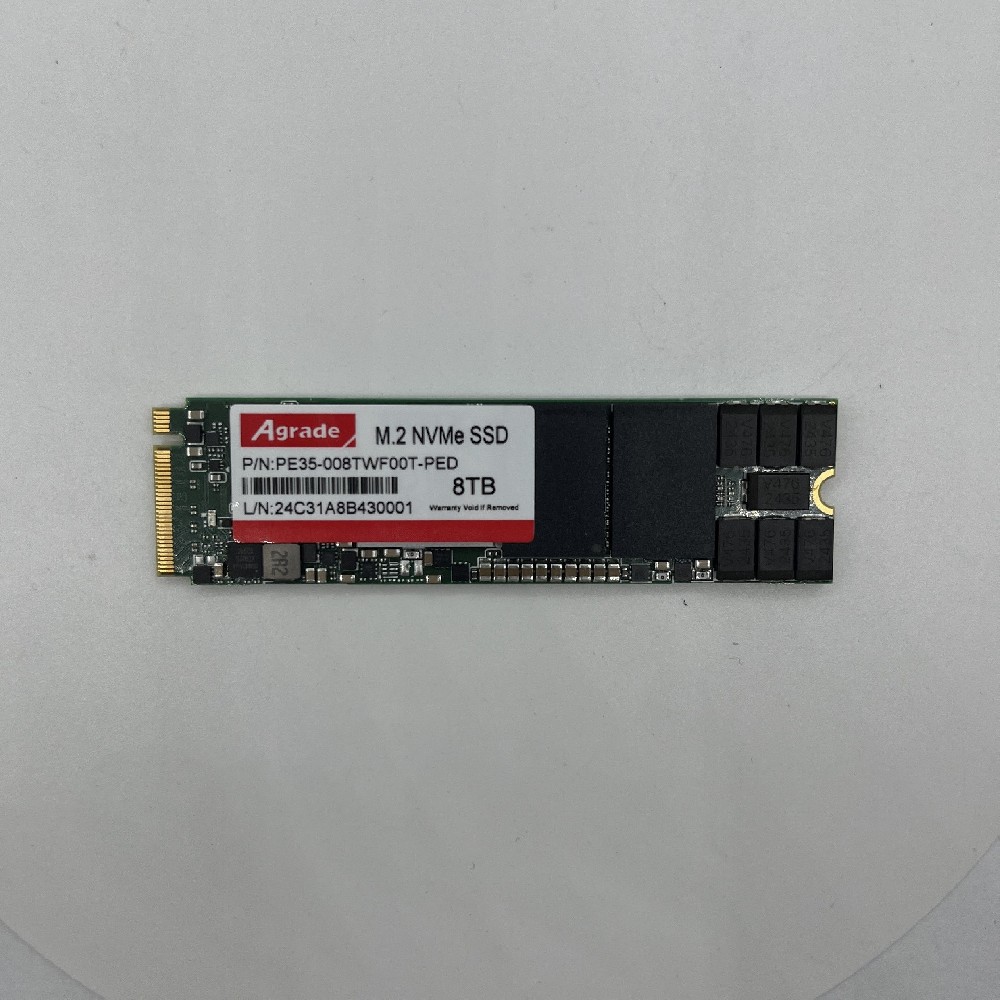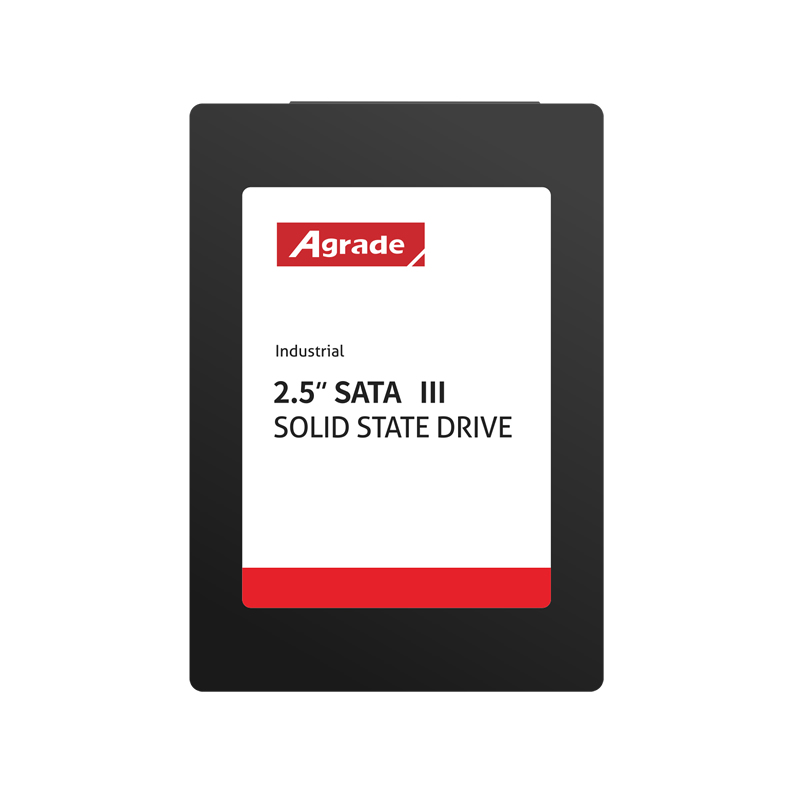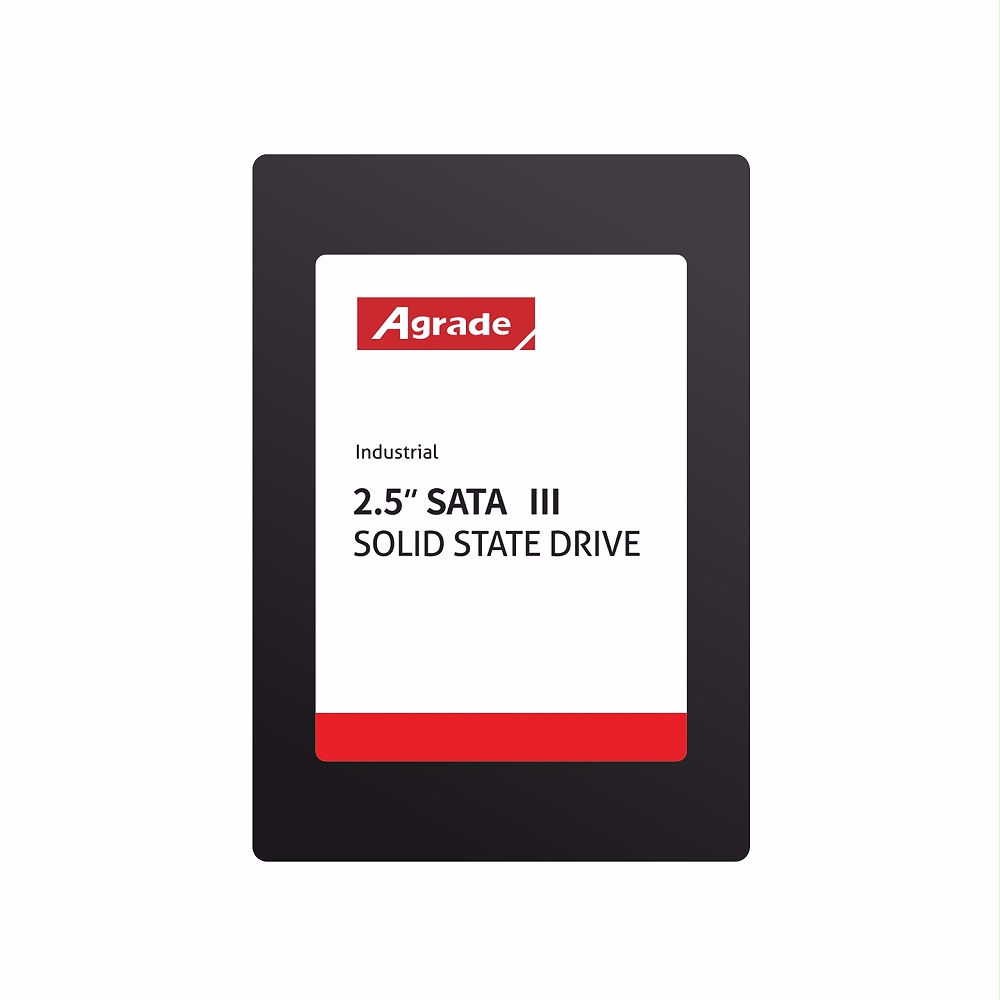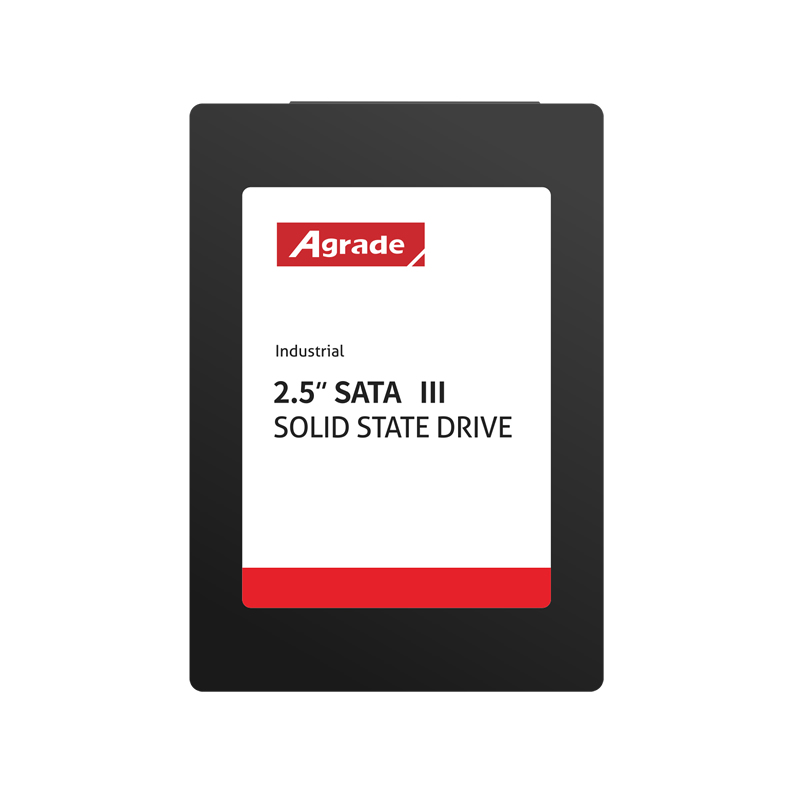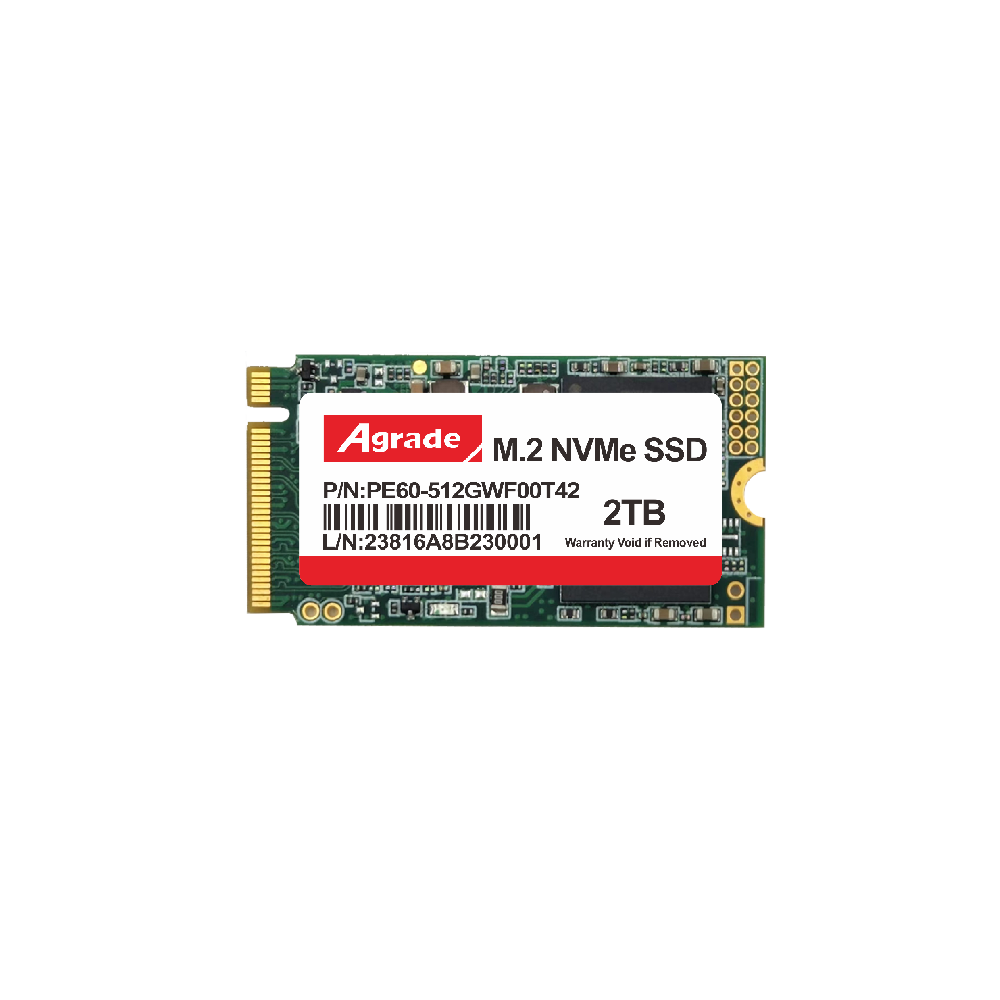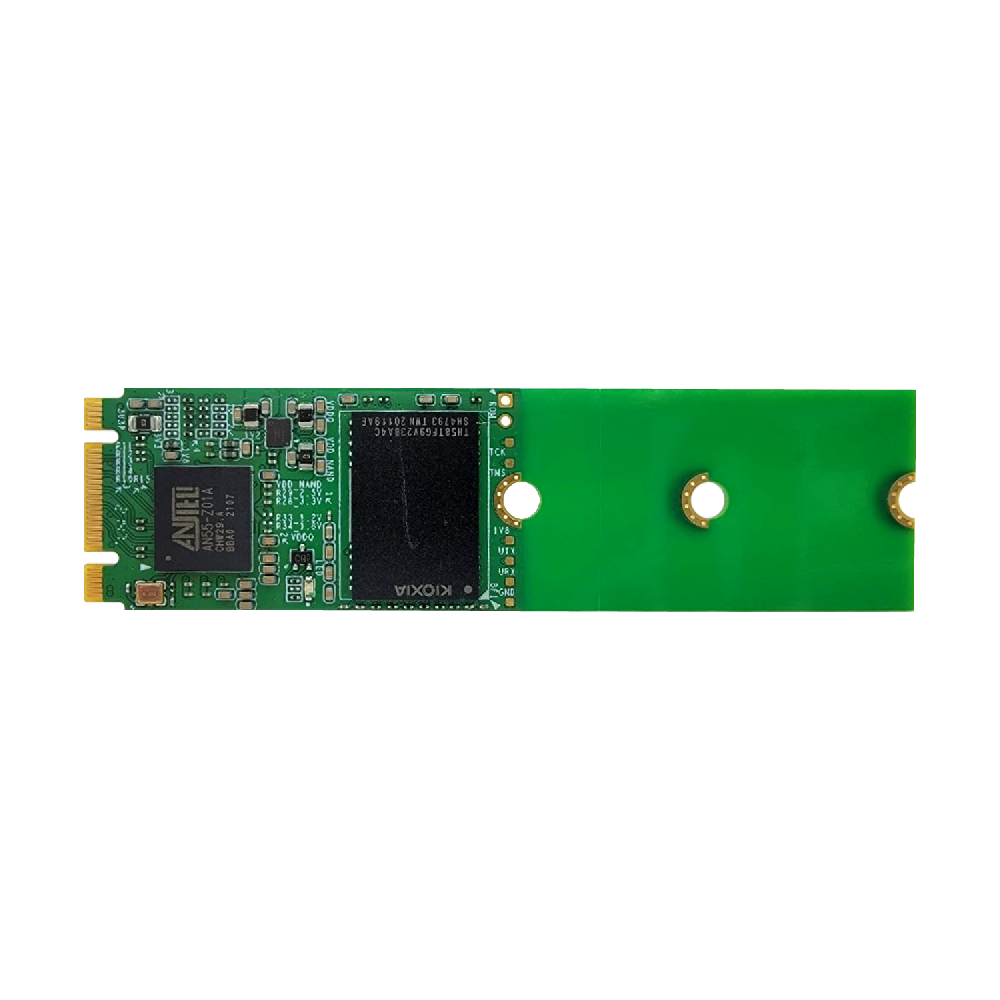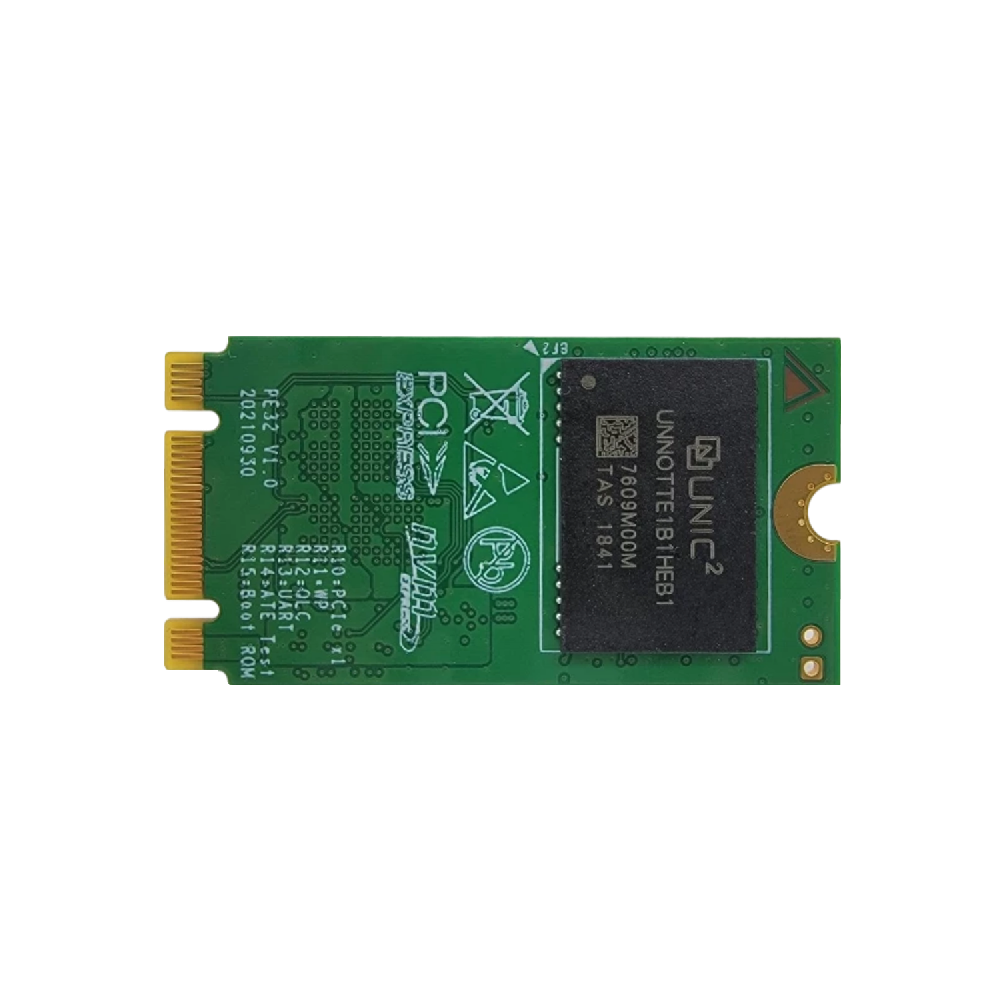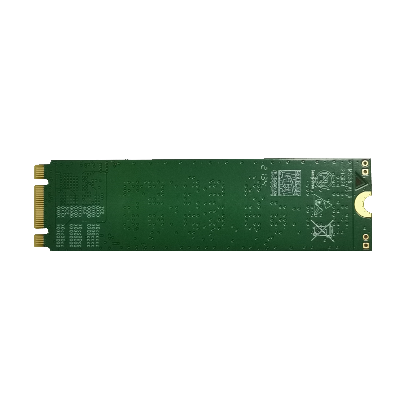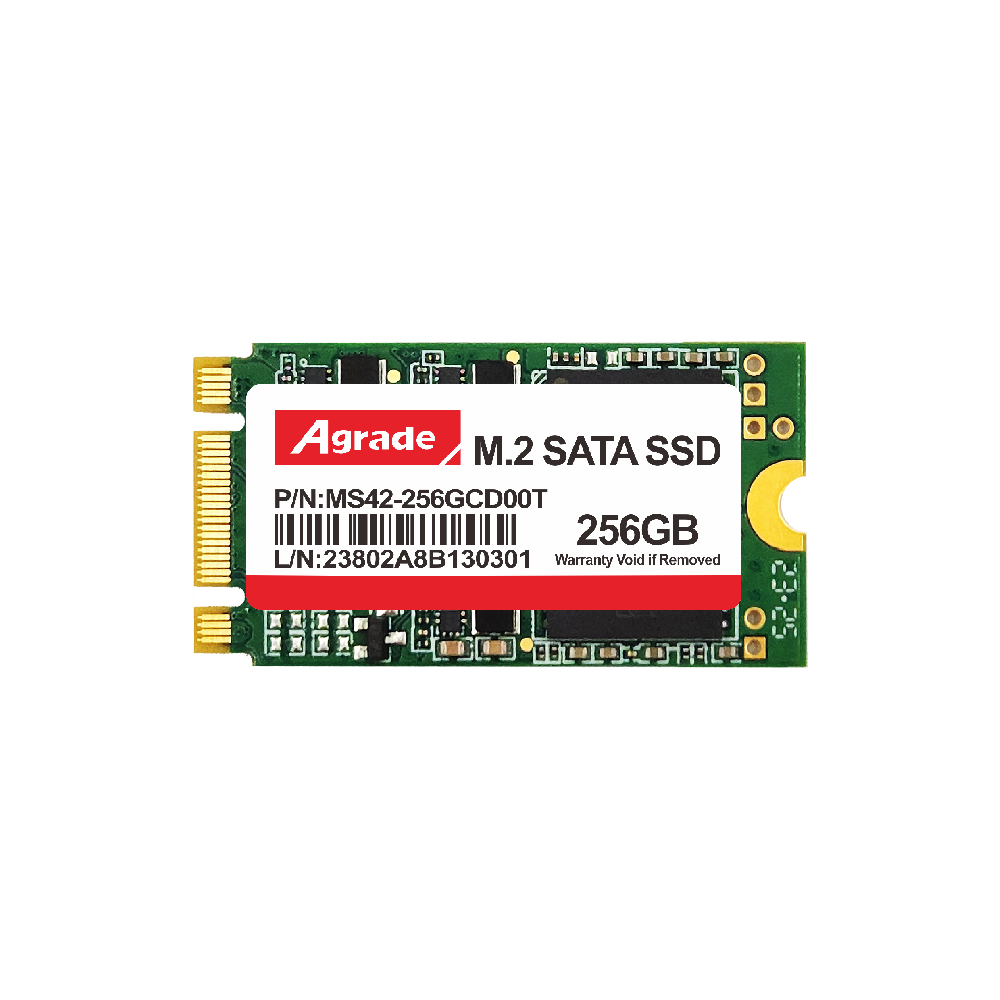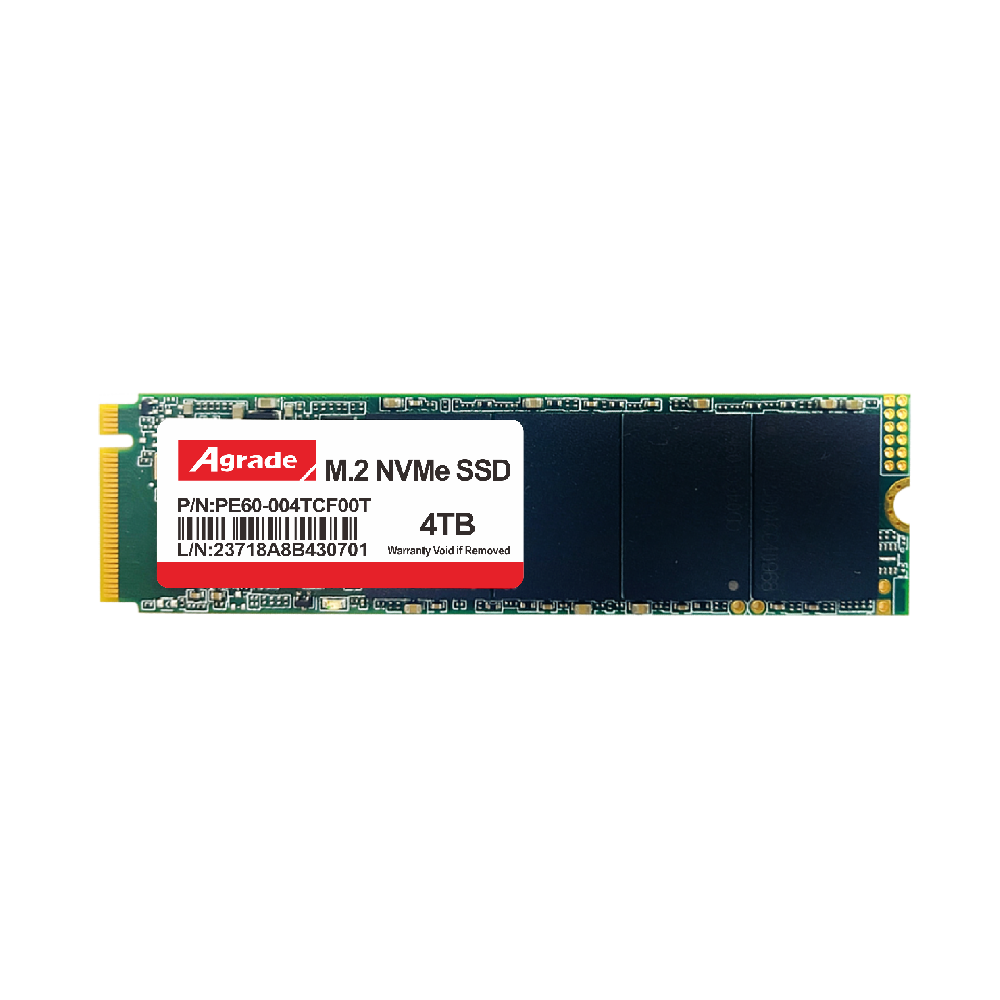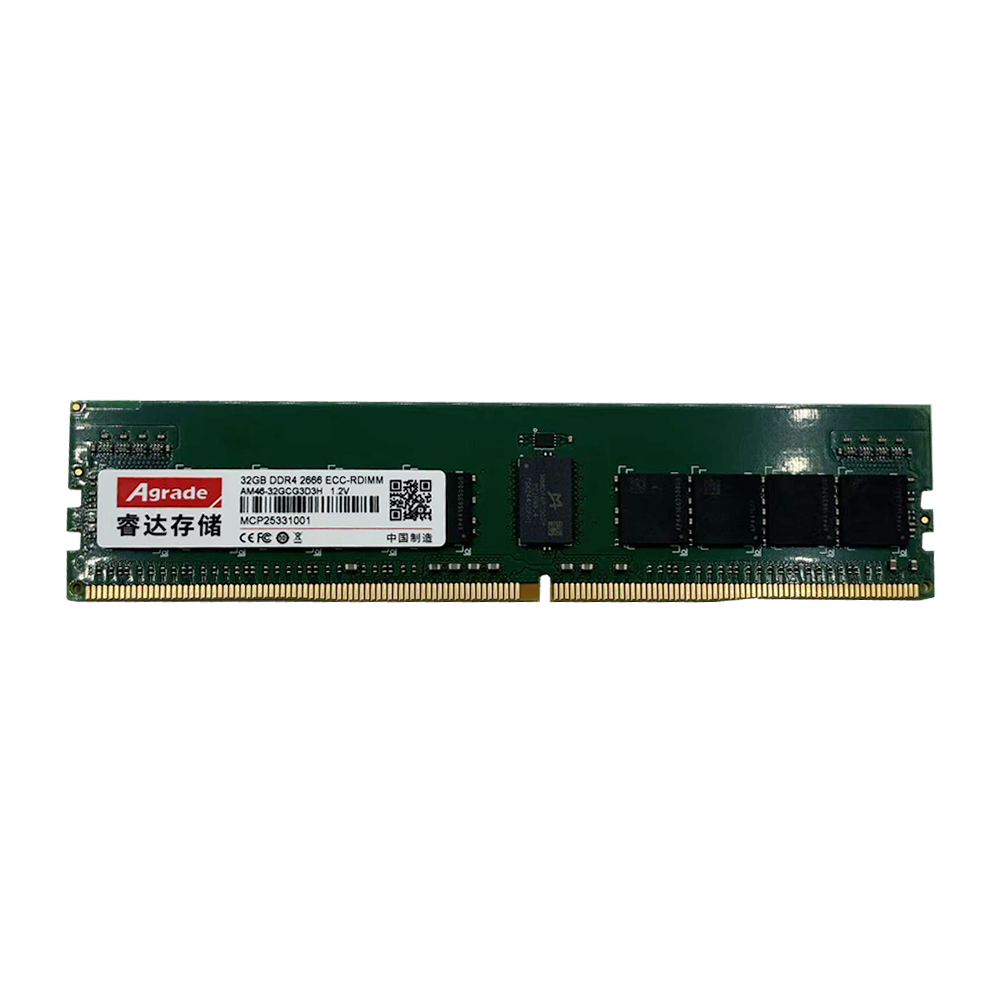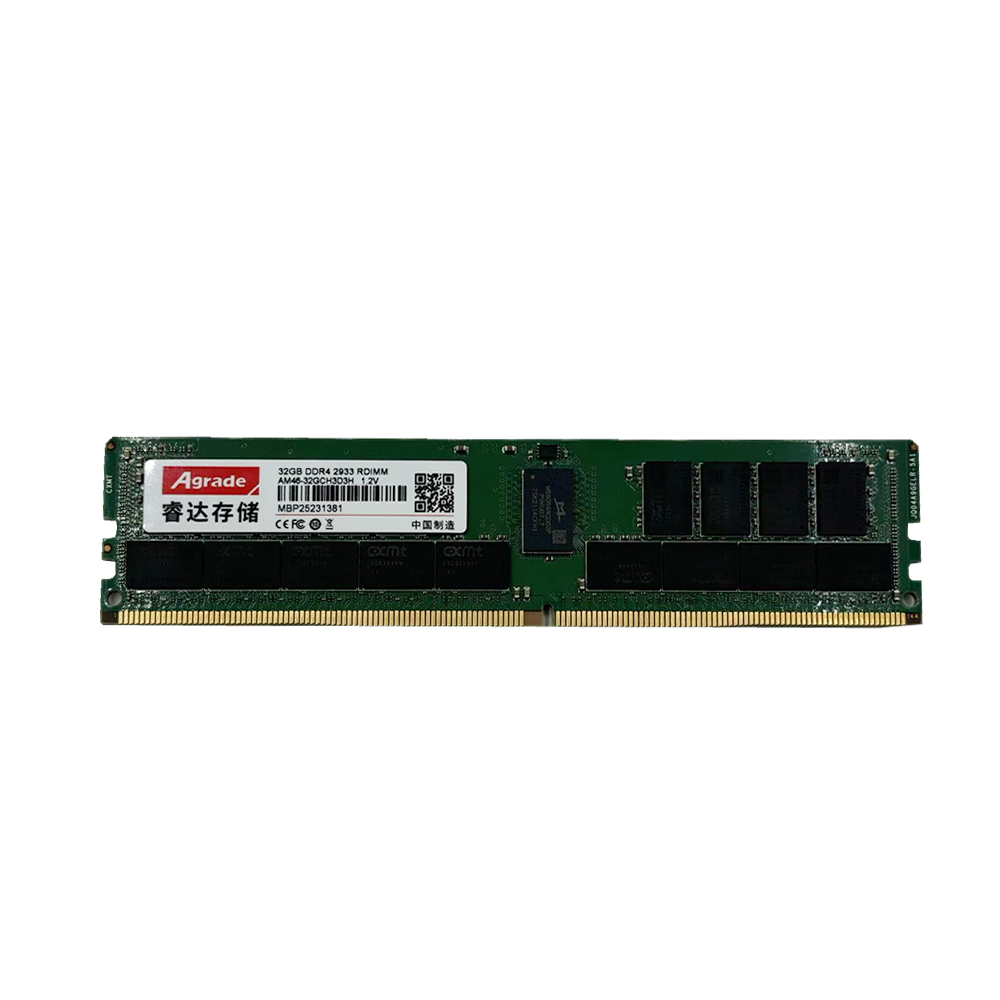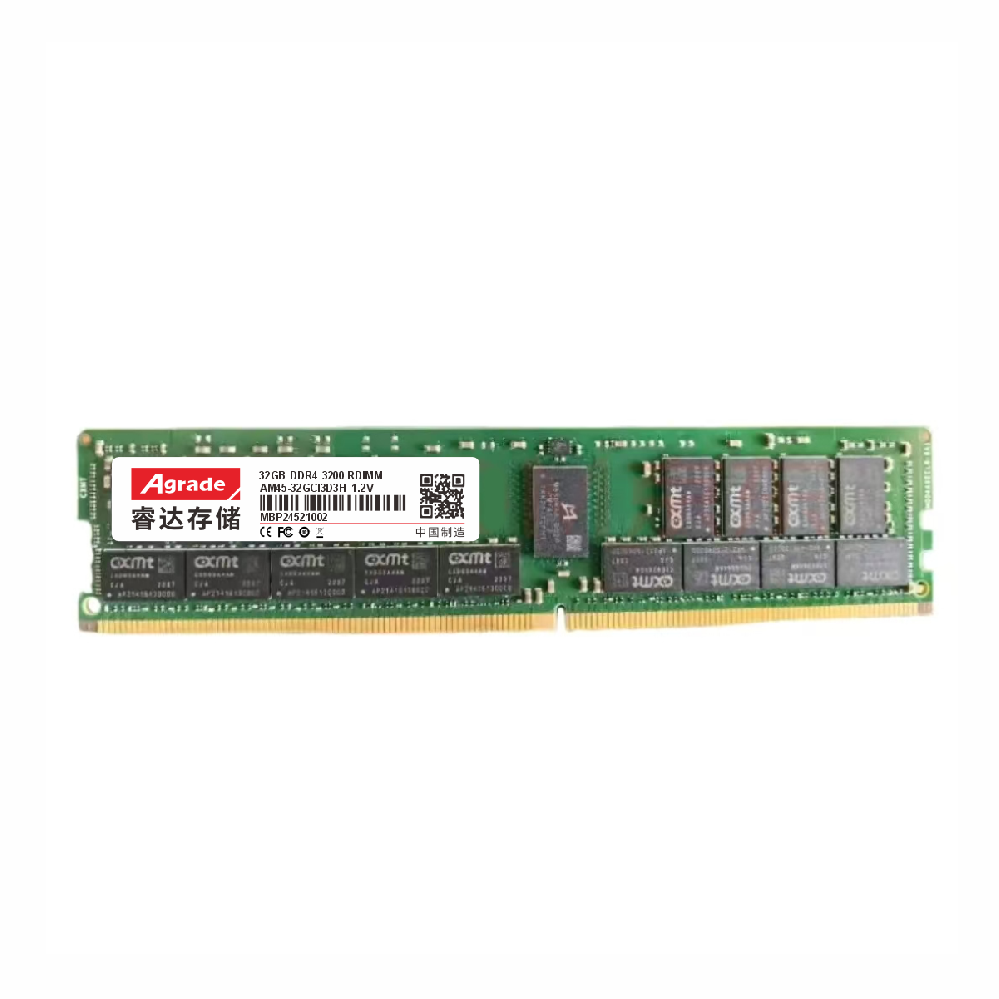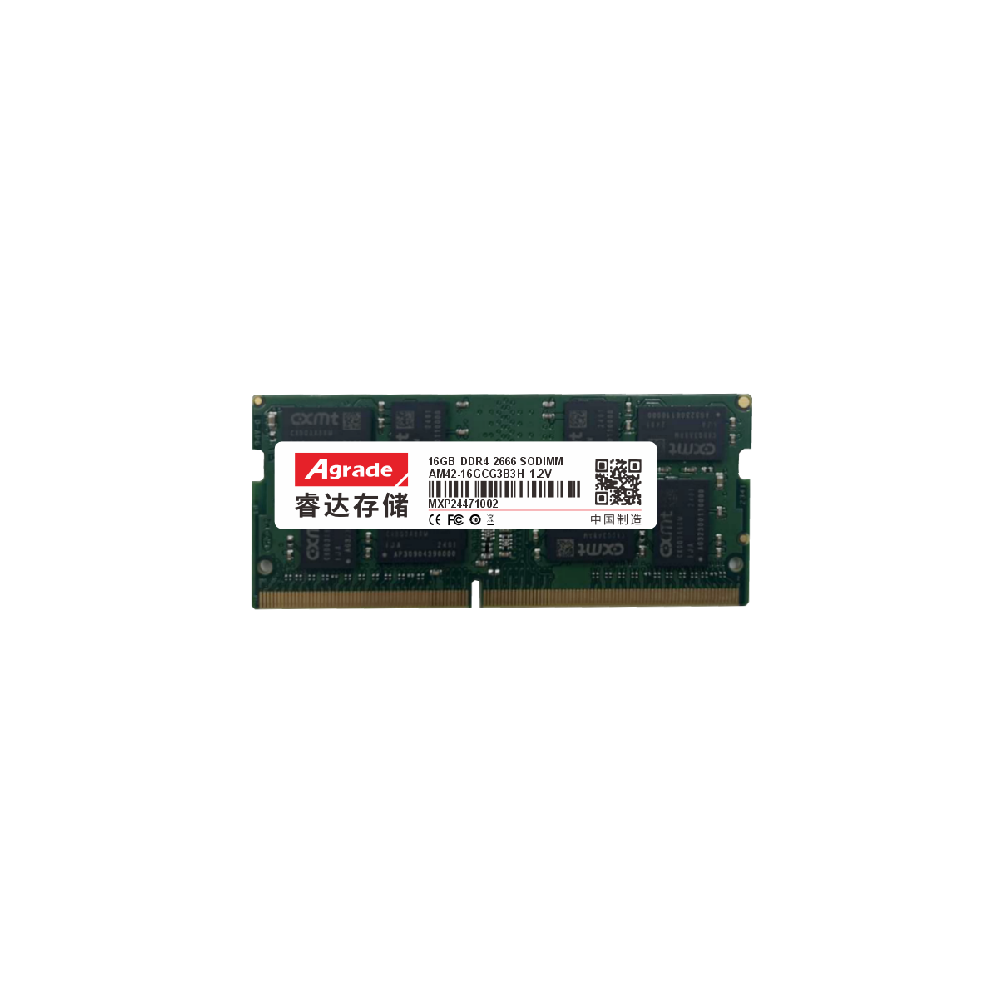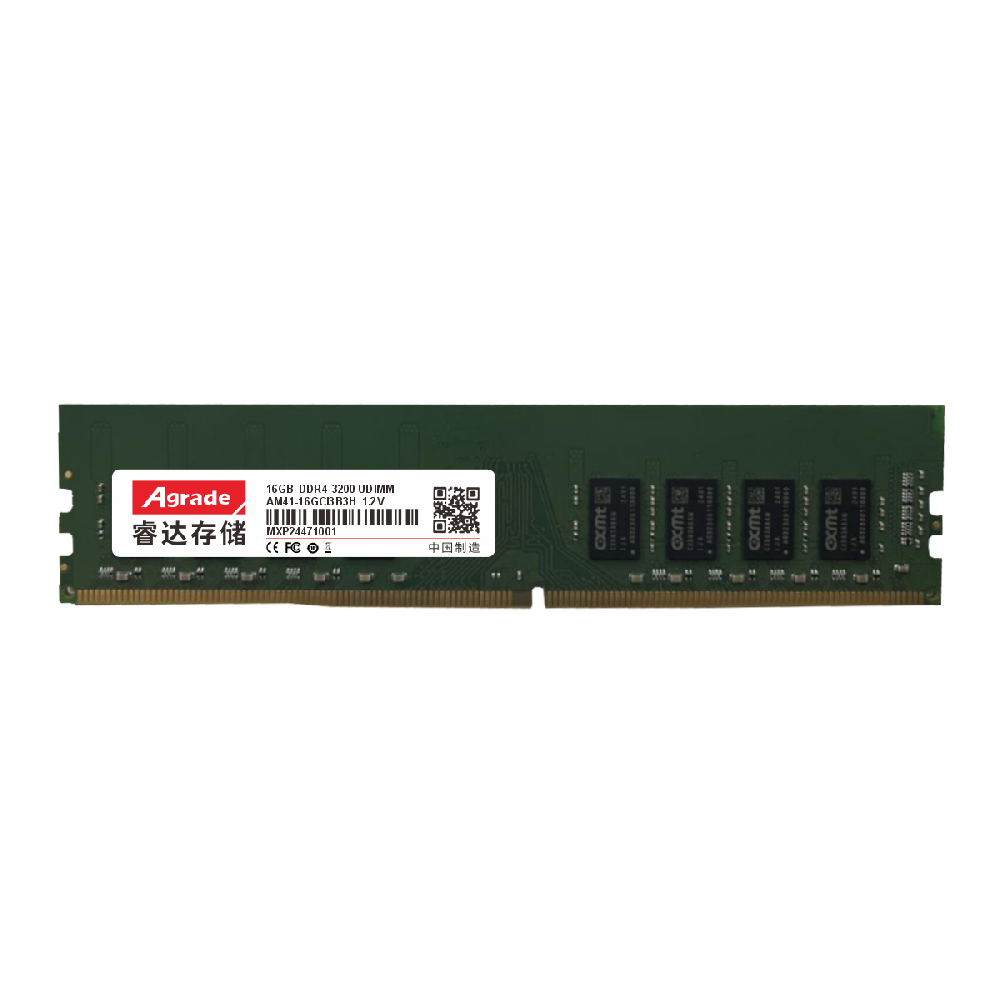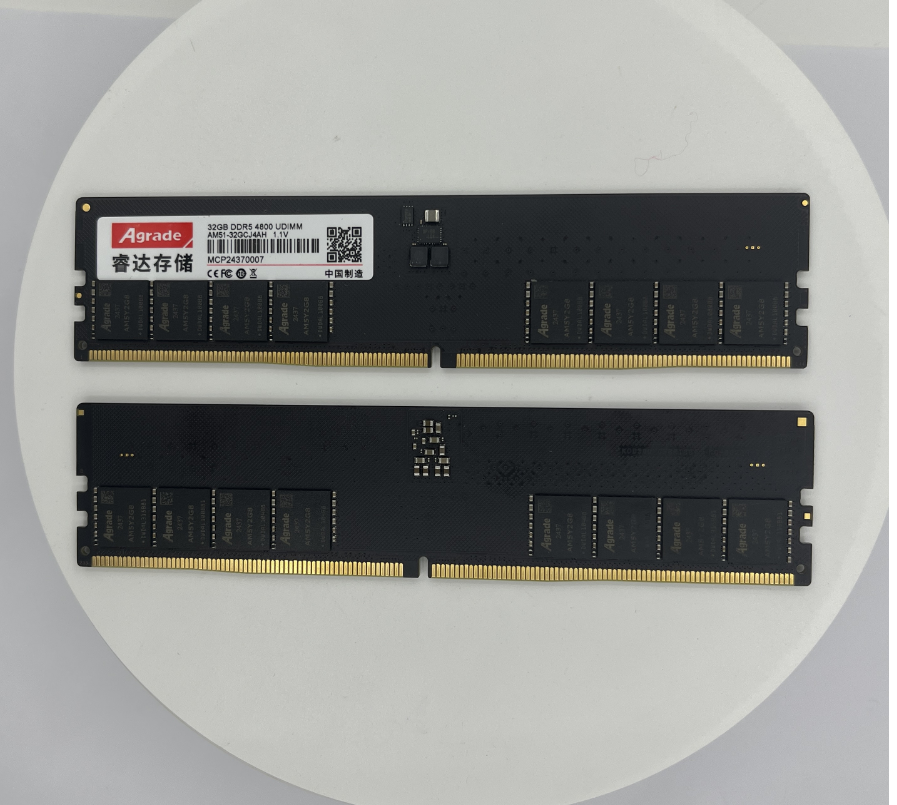

News
 电商部
电商部  2025-09-17 18:39:52
2025-09-17 18:39:52 What is an industrial grade SSD at the national security level? How is the access speed?
industrial grade SSDs with national security levels have emerged as important storage devices to ensure data security and efficient operation in critical areas.
National Cryptography, also known as National Commercial Cryptography, is a set of cryptographic technology standards independently developed by China with independent intellectual property rights. The national encryption algorithms, including SM1, SM2, SM3, SM4, etc., have undergone rigorous verification and validation in terms of encryption strength and security, and can effectively resist various password attacks, providing reliable protection for data.
Industrial grade SSDs are solid state drives designed specifically for industrial environments, with many characteristics that can adapt to complex working conditions. Industrial environments often face problems such as extreme temperature, high humidity, strong vibration, and electromagnetic interference. Industrial grade SSDs use special materials and processes in hardware design to ensure stable operation in a temperature range of -40 ℃ to 85 ℃ or even wider. They have excellent seismic and impact resistance, can maintain data reading and writing accuracy in continuous vibration environments, and have strong electromagnetic compatibility to avoid data errors or loss caused by external electromagnetic interference.
Industrial grade SSDs at the national security level are products that deeply integrate national security algorithms with the advantages of industrial grade SSDs. In the process of data storage, it uses national encryption algorithms to encrypt data in real time. Whether writing or reading data, it must go through a strict password verification process to ensure that only authorized users can access the data and prevent data leakage and tampering. Even if the SSD is accidentally lost or stolen, the data inside is difficult to crack due to the protection of national encryption algorithms.
This type of SSD is widely used in fields such as finance, energy, transportation, and national defense that require extremely high data security and device reliability. In the financial industry, ensuring the secure storage and transmission of transaction data; In the field of energy, ensure that critical data of the power system is not affected by external interference; In national defense and military industry, provide a strong storage defense line for confidential information. National grade industrial SSDs, with their excellent data security capabilities and adaptability to industrial environments, have become a key force in promoting digital transformation and security development in various industries.
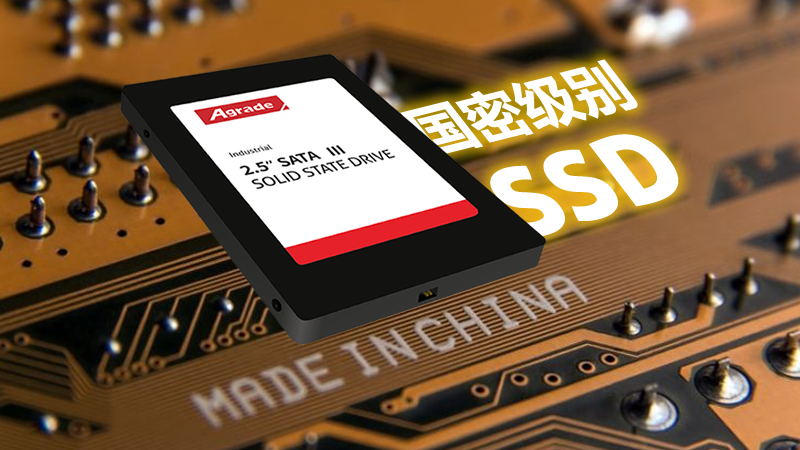
What is the access speed of industrial grade SSDs at the national security level?
The access speed of industrial grade SSDs at the national security level is affected by various factors. Overall, its speed performance can meet the demand for fast data processing in industrial scenarios. With reasonable configuration, it can approach or reach the level of consumer grade mid to high end SSDs, and has good speed optimization in security related processing. The following provides a detailed explanation of its access speed from different dimensions:
SLC granule: A single storage unit only stores 1 bit of data, with the fastest read and write speed and a lifespan of over 100000 erasures. In national grade industrial SSDs, if SLC particles are used, the sequential read and write speed can reach 500MB/s -600MB/s or more, and the random read and write IOPS (input/output times per second) can exceed 100000 times. Suitable for scenarios that require extremely high speed and lifespan, such as military equipment data storage, financial core transaction system caching, etc.
MLC particles: store 2 bits of data, slightly slower in speed and lifespan than SLC, but offer higher cost-effectiveness. The sequential read and write speed is generally between 400MB/s and 500MB/s, with random read and write IOPS of about 50000 to 80000 times. Commonly used in industrial automation control systems, smart grid monitoring equipment, etc.
TLC granule: stores 3-bit data and is currently the mainstream granule. Its speed and lifespan are relatively lower than SLC and MLC, with sequential read and write speeds of about 300MB/s-450MB/s and random read and write IOPS of about 20000-50000 times. However, by optimizing the main control chip and firmware algorithms, it can also meet the needs of general industrial scenarios, such as intelligent transportation systems, industrial IoT terminals, etc.
Performance of the main control chip
Multi core architecture: The advanced main control chip adopts a multi-core design, which can process multiple read and write requests in parallel, significantly improving access speed. For example, some high-end control chips use 4 or even more cores, which can simultaneously handle tasks such as data encryption, error correction, and transmission, increasing sequential read and write speeds by 20% -30%.
High speed interface support: Supports main control chips with PCIe 3.0 and above interfaces, significantly increasing data transmission bandwidth. The theoretical bandwidth of PCIe 3.0 x4 interface can reach 32Gbps, and the actual sequential read and write speed can easily exceed 2GB/s, providing strong support for industrial applications with large data volume and high real-time performance, such as industrial big data analysis platforms, real-time monitoring systems, etc.
Algorithm complexity: National encryption algorithms such as SM4 symmetric encryption algorithm involve complex mathematical operations in their encryption and decryption processes, which will increase certain computational overhead. However, modern control chips have built-in hardware encryption engines that can directly perform national encryption algorithm calculations within the chip, reducing the occupation of CPU resources and minimizing the impact on access speed. For example, by using a hardware encryption engine, the delay of SM4 encryption operations can be controlled at the microsecond level, with an impact on overall access speed of less than 5%.
Parallel processing capability: The main control chip has the ability to process multiple encryption tasks in parallel, and can encrypt or decrypt multiple data blocks simultaneously. This ensures that the encryption process does not become a bottleneck for access speed during batch data processing. For example, in industrial video surveillance systems, parallel processing can maintain high write speeds when encrypting and storing large amounts of video data.
Security mechanism and speed balance
Intelligent caching technology: National grade industrial grade SSDs are equipped with large capacity cache, such as 1GB to 4GB DDR4 cache. When writing data, the data is temporarily stored in the cache and encrypted before being written to the flash memory. This can ensure data security and improve write speed. For example, when writing a large amount of data continuously, caching can buffer the encryption processing time, keeping the write speed stable and reducing speed fluctuations caused by encryption operations.
Pre fetch and pre encryption techniques: By analyzing data access patterns, data that may be accessed is pre fetched and pre encrypted in advance. When the actual access request arrives, encrypted data can be directly read from the cache to reduce waiting time. In the data collection scenario of industrial automation production lines, prefetching and pre encryption techniques can increase data reading speed by 10% -15%.
Low latency requirements: In real-time control systems such as industrial robot control and CNC machine tool processing, extremely high data access latency is required, usually completed within milliseconds. National level industrial grade SSDs can meet this requirement by optimizing hardware architecture and firmware algorithms. For example, in industrial robot motion control, the delay of reading sensor data and sending control instructions can be controlled within 1-2 milliseconds to ensure the accuracy and stability of robot motion.
High IOPS requirement: This type of system requires frequent reading and writing of small data blocks, with high demands for random read and write IOPS. The random read and write IOPS of national grade industrial grade SSDs can reach tens of thousands of times, which can quickly respond to control instructions and ensure the real-time and reliability of the system.
Big data storage and analysis
High bandwidth requirements: In industrial big data storage and analysis scenarios, such as massive data storage generated by industrial IoT devices, high bandwidth is needed to support fast reading and writing of large amounts of data. National grade industrial grade SSDs paired with PCIe interfaces can achieve sequential read and write speeds of up to GB/s, meeting the fast storage and read requirements for large amounts of data. For example, in a smart factory, the daily production data generated can reach several terabytes, and using high-speed national grade industrial grade SSDs can quickly complete data backup and analysis.
Data encryption does not affect analysis efficiency: national encryption is performed during data storage, and decryption is performed when reading and analyzing. By optimizing encryption algorithms and the performance of the main control chip, the impact of data encryption and decryption processes on the efficiency of big data analysis is relatively small. For example, in industrial fault prediction analysis, reading data from encrypted storage SSDs for model training can increase the analysis time by less than 10% compared to traditional unencrypted SSDs.

